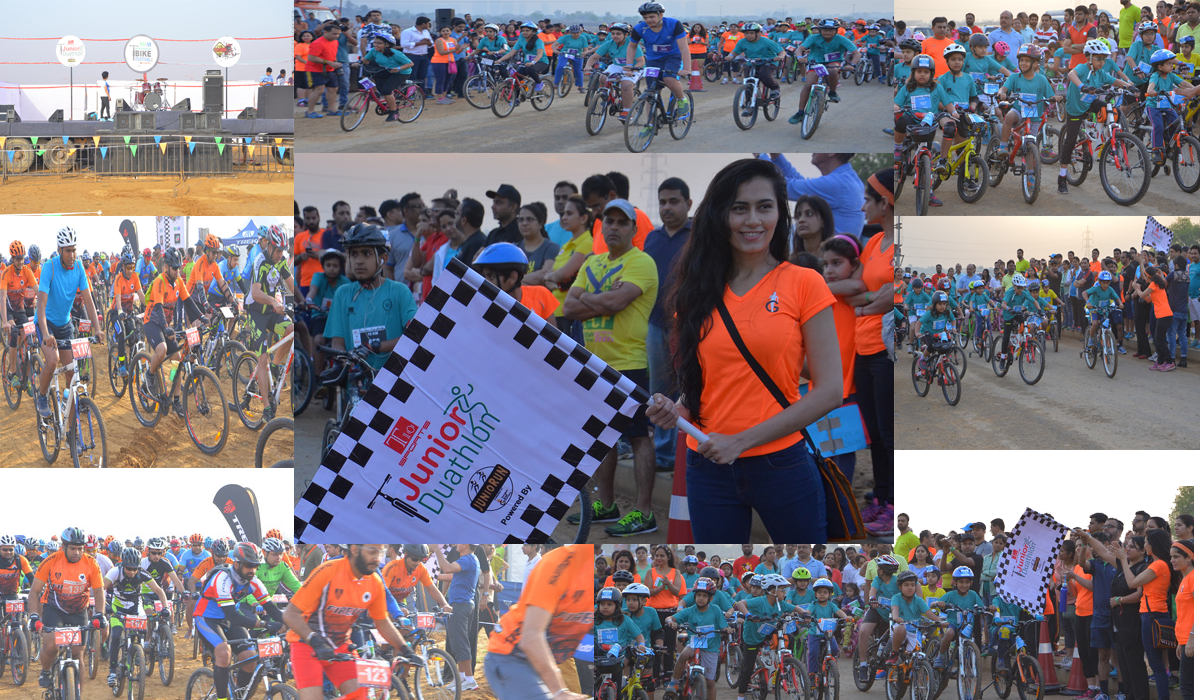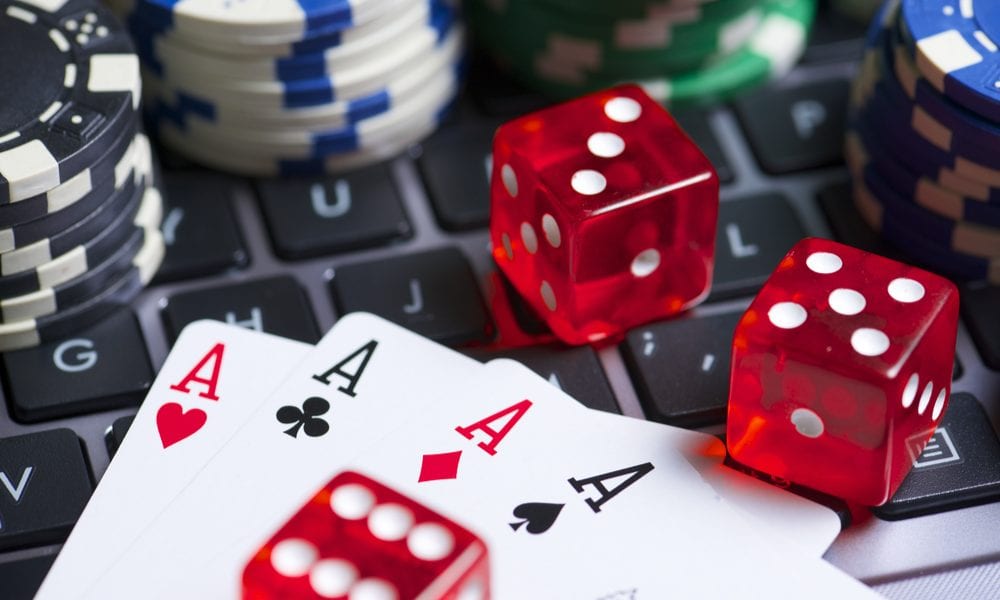
How Playing Sports Boosts Academic Performance
1. Discipline Becomes a Daily Habit
Sports demand routine — early practices, regular workouts, and rules to follow. This structure builds discipline, which naturally carries over into academic life. Studying becomes a habit, not a burden.
2. Sharper Focus and Concentration
Just like athletes focus during a game, student-athletes learn to concentrate better in class and during exams. That mental training on the field helps them stay alert and present in their studies.
3. Stress Relief Through Movement
Sports are a powerful outlet for stress. Physical activity boosts mood and clears the mind, which makes it easier to absorb information and stay positive during academic pressure.
4. Time Management Gets Stronger
Balancing school and sports forces students to plan their days wisely. This helps them become more organized, avoid procrastination, and make the most of their time.
5. Confidence Grows Beyond the Field
Winning a match or improving performance builds self-belief. That same confidence helps students speak up in class, take initiative, and perform better academically.
6. Teamwork Helps in Group Projects
Sports teach communication, cooperation, and patience — all of which are useful in group assignments and classroom discussions.
7. Healthy Body, Healthy Mind
Physical activity improves brain function, memory, and energy levels. Students who play sports often sleep better and stay more alert in class.
8. Learning to Handle Failure
Losing a match isn’t the end — it’s a lesson. Student-athletes develop resilience, learning how to bounce back after setbacks, which helps them face academic challenges with a positive mindset.
9. Goal-Setting Comes Naturally
Athletes are always chasing improvement. This habit of setting and working toward goals transfers easily into academics — whether it’s aiming for better grades or completing assignments on time.
10. Pressure Becomes Manageable
Big games and close calls teach students to stay calm under pressure. So when it’s exam time, they’re less likely to panic — and more likely to perform.










